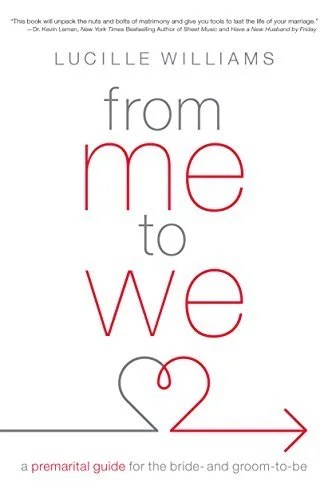“The chances of us making it were so slim with all the obstacles and baggage we had,” she said. “We didn’t know how to do marriage, and we were horrible together. We had to learn how to treat each other well and how to be in a marriage.” After Lucille got help for her eating disorder and they both became Christians, their trajectory changed – they weren’t perfect, but they were moving forward together.
“When we first became Christians (five years into marriage) we realized we needed to fix our marriage. I thought it was all him, then I realized it was also me,” Lucille said. “Whatever struggles you have as a single person are going to be amplified in marriage – and your spouse has a front row seat.” She realized it was time to take care of her “side of the street.”
“You need to look at yourself and say, ‘Would I want to be married to me?’ ‘Would I want to come home to me?’ ‘Would I want to be talked to like that?’ Check yourself every day.” She’s found through her years in church ministry that women struggling in marriage tend to complain about their husbands. Her counsel, “Own your own stuff.” Sometimes she’ll tell the wife, “I think you owe your husband an apology. I think you wounded him. Go to him and tell him you’ll work through it. Take responsibility for your end.”
She advises people to take care of themselves so they can bring their best selves to the table. “If you don’t come to marriage as a whole person, you don’t have much to give,” she said. Forgiveness is another key area.
“Your spouse will hurt you, and you will hurt them. You have to be an expert forgiver if you are going to be a thriving marriage.”
Lucille encourages others with her own example. “We (she and Mike) both have gotten help for all our stuff, and we do the work to deal with things. Marriage for us is better now than in the beginning stage.” She noted a store clerk recently asked the couple how long they had been dating because, even after 41 years of marriage, they were still acting like they were in love.












